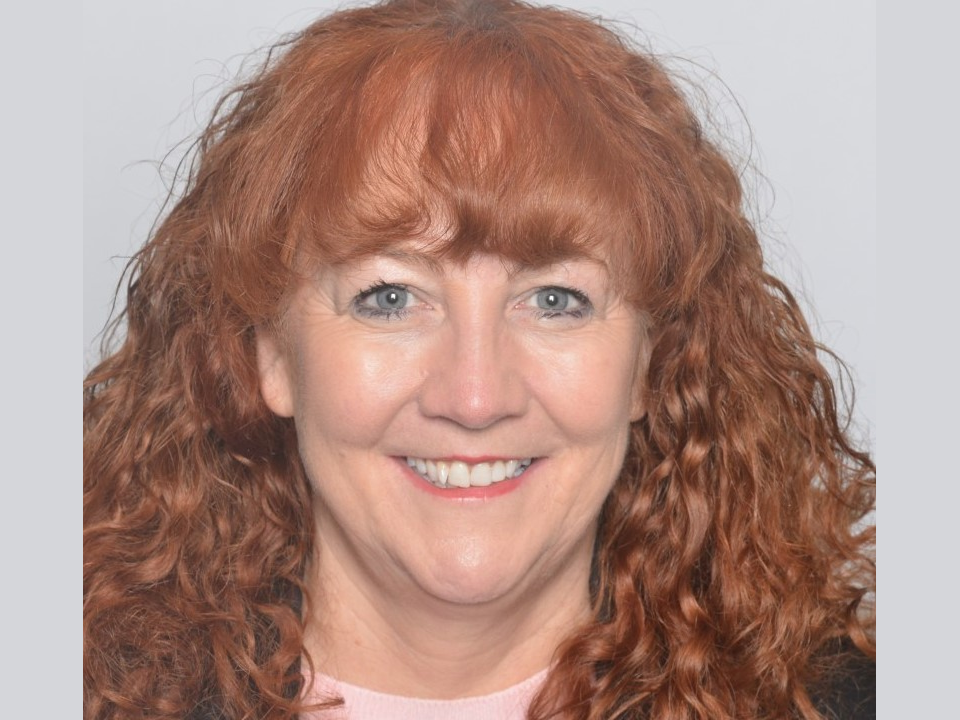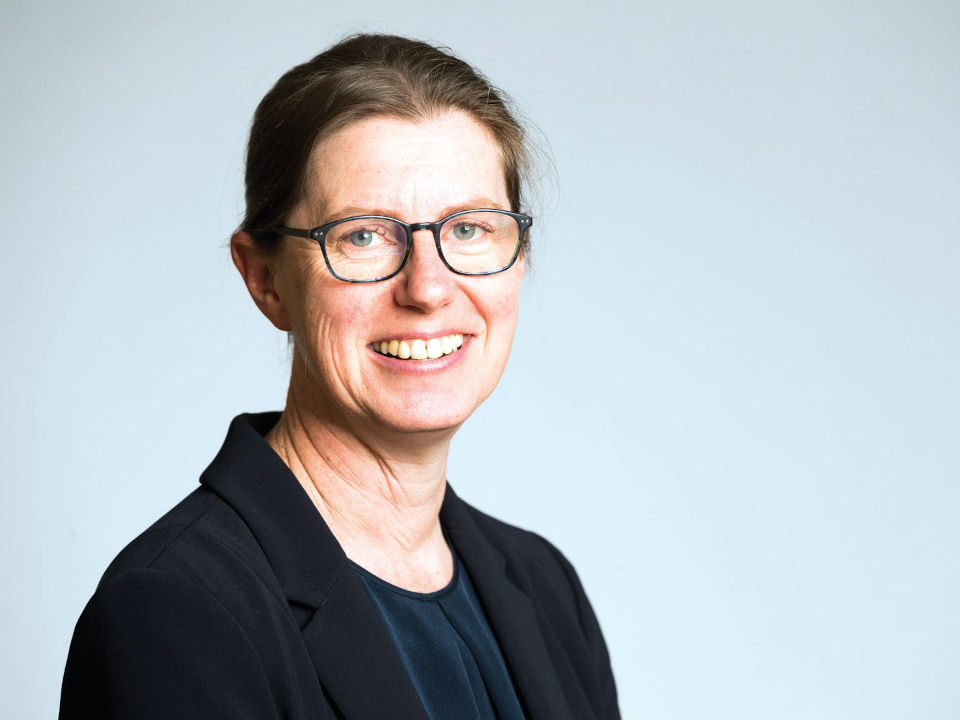
Nigel Minns
Chair of the Health, Care & Additional Needs Policy Committee
Executive Director for Children and Young People
Warwickshire County Council
Following on from the publication of the first national kinship care strategy, last week saw the publication of the updated statutory guidance for local authorities on kinship care and the Kinship Care Practice Guide produced by Foundations. Like many of our colleagues across the system, I am a strong advocate of kinship care and recognise the principle, set out in the Children Act 1989, that children are best looked after within their families, friends or other people who are connected with them, so I welcome this focus. However, there is always a risk that when the system focuses strongly on one area, it loses some of its focus on others and so today, I wanted to highlight another crucial element of permanency – adoption.
It is, as I am sure most people know, National Adoption Week and this year the focus is on adoption journeys of all kinds - emphasising the diversity of adoptive families and the range of different routes to adoption. There is also an emphasis on those who support the families on their journey.
As a brief aside, in thinking about adoption week, I was reminded that we are fast approaching the centenary of the Act which created the adoption system in the United Kingdom, the Adoption of Children Act 1926. This fascinating legislation gave the courts the power to authorise the adoption of “an infant who has never been married”. I was intrigued by the idea of an infant who had previously been married (until I found that the definition of an infant in the act was anyone under the age of 21).
Nearly 100 years later, adoption remains an important option in our quest to provide children with long-term stable homes. Over recent months, I have met with adopters and groups representing adopters in various contexts and two common themes have emerged: a feeling that support often comes too late, by which time the family is in crisis; and a feeling that the voice of those with lived experience is not as strong in adoption as we would expect in children’s services more generally.
Feedback from these groups really chimed with some of the outcomes of Ofsted’s thematic inspection of regional adoption agencies earlier this year which identified a number of areas of good practice (this is where I take the opportunity to shamelessly plug the therapeutic support offer from Adoption Central England through Dyadic Developmental Psychotherapy), but also identified a number of challenges.
The report highlighted issues for families needing support, including through the Adoption and Special Guardianship Support Fund (ASGSF) both in terms of the criteria (particularly for children with complex needs) and the time-limited nature of the funding. It also reported that, while again there were examples of good practice, the voice of those with lived experience was inconsistent and the voice of children was ‘noticeably absent’.
This brings me to my adoption week ‘asks’. Like Ofsted, I believe a key ask of central government is to review the ASGSF to make it more accessible and to provide for longer term funding, both for families and for the fund overall.
From our perspective as local authorities, we (with our adoption agencies) also need to focus on earlier support, but I believe the key ask is to challenge ourselves to ensure that the voice of the child is as strong in adoption as we expect it to be in other areas of our services and, if not, how we address this.





